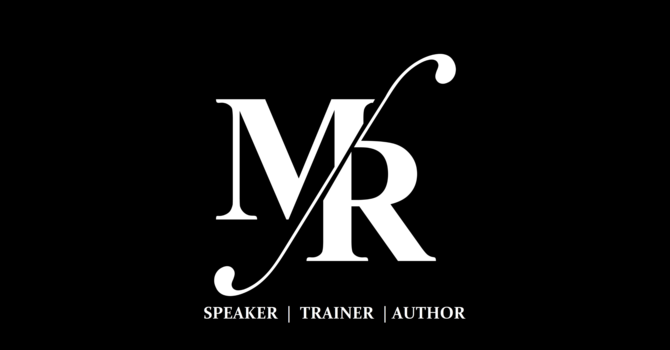In the fast-paced and interconnected world we live in, it's easy to underestimate the impact we have on those around us. Whether we realize it or not, each of us wields a certain degree of influence in our personal and professional spheres. Taking a personal inventory of our influence is a crucial step in understanding how we affect others and how we can use our influence to create positive change. In this article, we will explore the importance of self-reflection, the various aspects of personal influence, and practical steps to take a personal inventory.
Understanding Personal Influence
Personal influence is the ability to affect the thoughts, feelings, and actions of others. It encompasses a wide range of behaviors; from the way we communicate and interact with people to the values we embody and the decisions we make. Our influence can be subtle or overt, but it is always present. Recognizing the impact we have on others is essential for personal growth and effective leadership.
Self-Reflection: The Key to Personal Growth
Self-reflection is the process of stepping back and examining our thoughts, feelings, and behaviors. It allows us to gain insight into our strengths and weaknesses, understand our motivations, and identify areas for improvement. When it comes to personal influence, self-reflection is a powerful tool for gaining awareness of how we impact those around us. By taking the time to reflect on our interactions, communication style, and values, we can gain a clearer understanding of our influence and its effects.
“Research shows the habit of reflection can separate extraordinary professionals from mediocre ones.”
– Harvard Business Review
Aspects of Personal Influence
Personal influence is multifaceted and can be categorized into several key aspects:
1. Communication: Our ability to express ideas, listen actively, and build rapport with others significantly impacts our influence. 2. Character: The values, integrity, and ethical standards we uphold shape how others perceive and respond to us.
3. Relationships: The quality of our relationships and our ability to connect with others greatly determines the extent of our influence.
4. Decision-Making: The choices we make and the rationale behind them affect how others view us and may influence their own decision-making.
5. Expertise: Our knowledge, skills, and expertise in a particular area can enhance our credibility and influence within that domain.
Taking a Personal Inventory
To take a personal inventory of your influence, consider the following steps:
1. Reflect on Your Interactions: Think about recent interactions with friends, family, colleagues, or team members. Consider how your words and actions may have influenced their attitudes or behaviors.
2. Assess Your Communication Style: Evaluate how you communicate with others. Are you an active listener? Do you speak with clarity and empathy? Understanding your communication style is crucial for enhancing your influence.
3. Examine Your Values: Identify your core values and assess whether your actions align with them. Consistency between your values and behavior strengthens your influence.
4. Evaluate Your Relationships: Consider the quality of your relationships with those around you. Healthy relationships are built on trust, respect, and mutual support, all of which contribute to positive influence.
5. Review Your Decision-Making Process: Reflect on recent decisions you've made and their impact on others. Understanding how your choices affect those around you is essential for responsible leadership.
6. Recognize Your Expertise: Identify your areas of expertise and consider how you can leverage them to positively influence others.
Using Your Inventory for Positive Change
Once you've completed your personal inventory, use the insights gained to make positive changes. Set specific goals for enhancing your communication skills, strengthening your relationships, or aligning your actions with your values. Seek feedback from trusted individuals to gain further insight into your influence and areas for improvement. By continuously reassessing your personal inventory, you can adapt and grow as an influential individual.
“Signs of positive life change can include thinking, emotions,
physiology, body language, and more.”
– Psychology Today
In conclusion, taking a personal inventory of personal influence is a valuable exercise for anyone seeking to understand their impact on others. Through self-reflection and assessment of various aspects of influence, individuals can gain valuable insights that enable them to enhance their communication, relationships, and decision-making. By leveraging this understanding for positive change, individuals can become more effective leaders and positively impact those around them.
Matthew Renz | With a three-decade background in corporate sales and leadership at UnitedHealthcare, Matthew brings a passion and energy for personal and professional growth and leadership development. He is a speaker, trainer, and author who packs everything he touches with thought-provoking ideas meant to grow and build relationships. Reach him by email: matthew@matthew-renz.com.

Matthew Renz
Contact Me
